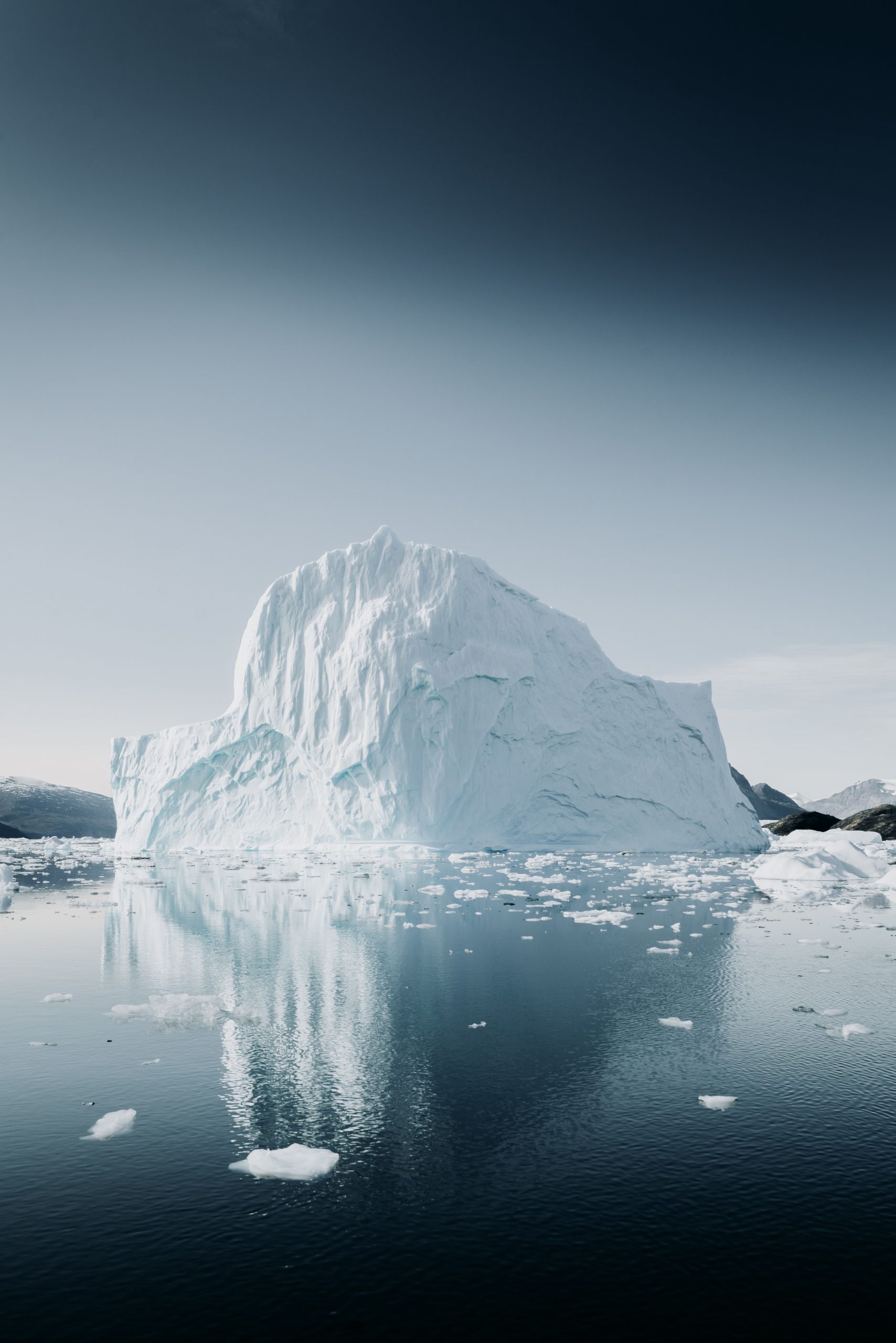Scientists meeting in
New Orleans have warned of the alarming incidents unfurling on the West
Antarctic ice sheet, which is a vast basin of ice located in the Antarctic
Peninsula. British and American scientists have studied it for years and concluded
that fissures have opened up above and below the Thwaites glacier, which is one
of the largest in the world. The research community is concerned that parts of
the glacier will witness fractures and collapses in around five years.
Notably, twenty years
ago, an ice shelf titled Larsen B, broke off from the Antarctic continent, and
shattered into numerous icebergs in the Weddell Sea. Glaciologists were alarmed
at the dramatic chain of events at the time. To put the situation regarding Thwaites
glacier, in context, Larsen B appears like an icicle. The Thwaites glacier is
roughly the size of Britain and contains enough water to raise global sea levels
by one and a half meters. Hailed as the most important glacier of the world,
even the ‘doomsday’ glacier, satellite imaging has now shown a disturbing progress
in the melting rates, compared to the 1990s.
Also Read | Ice on the edge of survival: Warming is changing the Arctic
If Thwaites melted, glaciologists
fear there could be a chain reaction. The sheet holds back several other
Antarctic glaciers, which might melt at a faster rate once Thwaites disappears.
If all the West Antarctic glaciers melt off, all the world’s coastal cities
would be swamped off in time. Earlier glaciologists were of the opinion that
gradual increase in the earth’s temperature would lead to the glaciers melting over
a period of time. However, now that the climate change has sped up, there is genuine
concern. Arctic glaciers have already started melting at an alarming rate.
However, since they form over the ocean, they do not add much to the rising
water levels due to ice loss. In Antarctica, the ice forms over land. So any
ice loss would most definitely contribute to a rise in sea levels.
Also Read | 1,270 sq km iceberg, the size of Greater London, breaks away from Antarctic ice shelf
It has just been a
month since Cop26, and the news of the Thwaites glacier has largely been ignored
by a global community that is currently preoccupied with COVID, and its latest
omicron variant. The pledged actions from November stand the danger of being
shelved in this situation, leading the future of the earth into graver danger.







